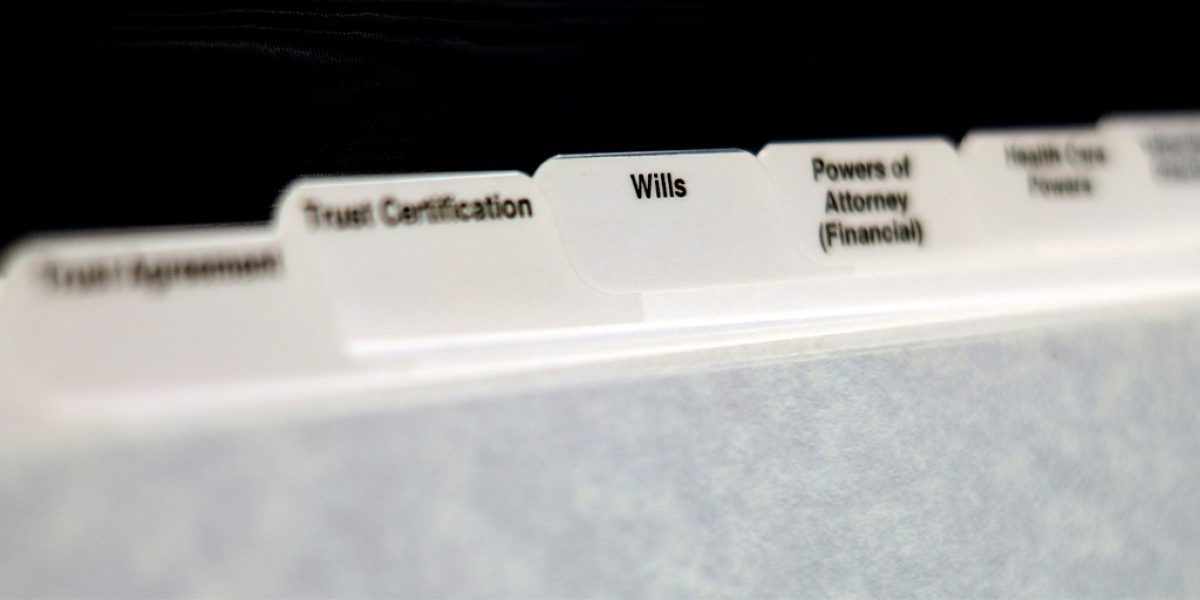Estate planning is an essential aspect of managing one’s assets and ensuring a smooth transition of wealth and property to the intended beneficiaries. These should be reviewed on a regular basis such as every three to five years or if you have a major life event such as a marriage, divorce, move to another state, death of a spouse, etc. These documents can get stale as time wears on or the laws might have changed. Having your estate documents up to date and in a safe, known place can make a challenging time less burdensome for your loved ones when necessary. If you don’t have an estate plan yet, now is the time to make it happen.
1. Review your current estate plan
Begin by reviewing your existing estate planning documents, which may include a Last Will and Testament, Trusts, Power of Attorney, and Advance Health Care Directive. Assess whether these documents still accurately reflect your wishes and the current state of your assets, as well as any changes in your personal, financial, or family circumstances.
2. Consult with a qualified estate planning attorney
It is highly recommended to seek the counsel of an experienced estate planning attorney when updating your documents. They will help you navigate the complexities of estate planning, identify potential legal and tax issues, and ensure that your documents are in compliance with the latest laws and regulations.
3. Update your Last Will and Testament
Your Last Will and Testament is a foundational document in your estate plan. If you have experienced significant changes in your life, such as marriage, divorce, the birth or adoption of a child, or a substantial increase in assets, you should update your will accordingly. This may involve designating new beneficiaries, executors, or guardians for minor children, as well as modifying the distribution of your assets.
4. Reassess your Trust
If you have established a trust or trusts as part of your estate plan, review them to ensure they still serve their intended purpose. You may need to modify the terms of the trust, appoint new trustees, or update the list of beneficiaries. In some cases, you might consider creating new trusts or dissolving existing ones if they no longer align with your objectives.
5. Revise your Power of Attorney and Advance Health Care Directive
Your Power of Attorney and Advance Health Care Directive are crucial documents that designate trusted individuals to make decisions on your behalf as you deem appropriate or should you become incapacitated. It is vital to update these documents if your designated agents are no longer able or willing to serve in this capacity, or if your preferences for medical treatment and end-of-life care have changed.
6. Evaluate beneficiary designations
Many financial assets, such as life insurance policies, retirement accounts, and investment accounts, have beneficiary designations that operate independently of your will or trust. Review these designations to ensure they are up-to-date and consistent with your overall estate plan.
7. Address digital assets
In today’s digital age, it is important to consider your online presence and digital assets when updating your estate plan. This may involve providing instructions for accessing and managing your digital assets, such as social media accounts, online banking, and email, as well as designating a digital executor to handle these matters.
8. Review and update your estate plan regularly
Estate planning is not a one-time event. It is essential to review and update your estate planning documents regularly, ideally every three to five years, or whenever significant life events or changes in the law occur. This ongoing process will help ensure that your estate plan remains relevant and effective in protecting your interests and those of your loved ones.
Updating your estate planning documents is crucial to maintaining a well-structured and current estate plan. By following these steps and seeking the guidance of a qualified estate planning attorney, you can ensure that your wishes are respected and your assets are distributed in accordance with your intentions.


